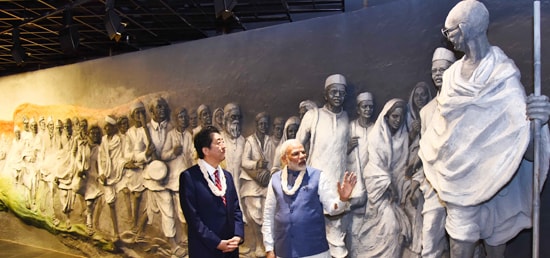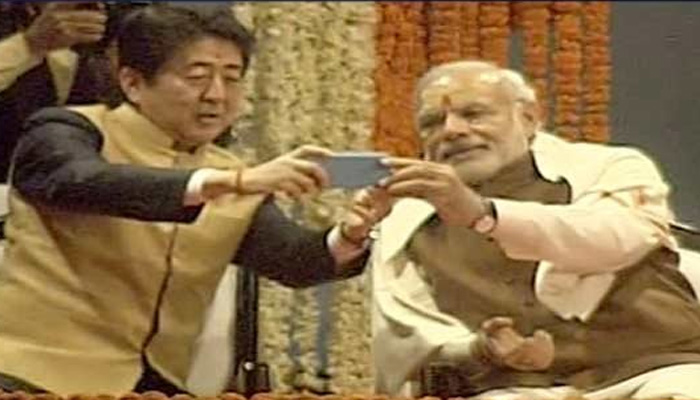
Chinese media to India: Don’t try to use Japan to contain China
There is nothing like the India-Japan connect that gives an ascendant and assertive China jitters. Given the bonhomie and bonding that was on display between India’s Prime Minister Narendra Modi and Japanese PM Shinzo Abe in Ahmedabad and transformative outcomes that emanated from the summit meeting on September 14, the Chinese media’s backlash hardly comes as a surprise.
Dismissing the “growing intimacy” between India and Japan, the Global Times, the hawkish Chinese tabloid which led the propaganda blitz during the Doklam standoff, has warned India not to get into containment games with Japan.
“After the Doklam standoff, more voices in the Indian media instigate the country to step up cooperation with the US and Japan against China and exaggerate the geopolitical significance of closer India-Japan ties. Yet this to a large degree has exposed the vulnerable feeling of the Indian strategic circle in front of China”, the Global Times said in an op-ed article. It attacked Japan by saying “… Japan has been more narrow-minded in looking for allies globally to encircle China.”
